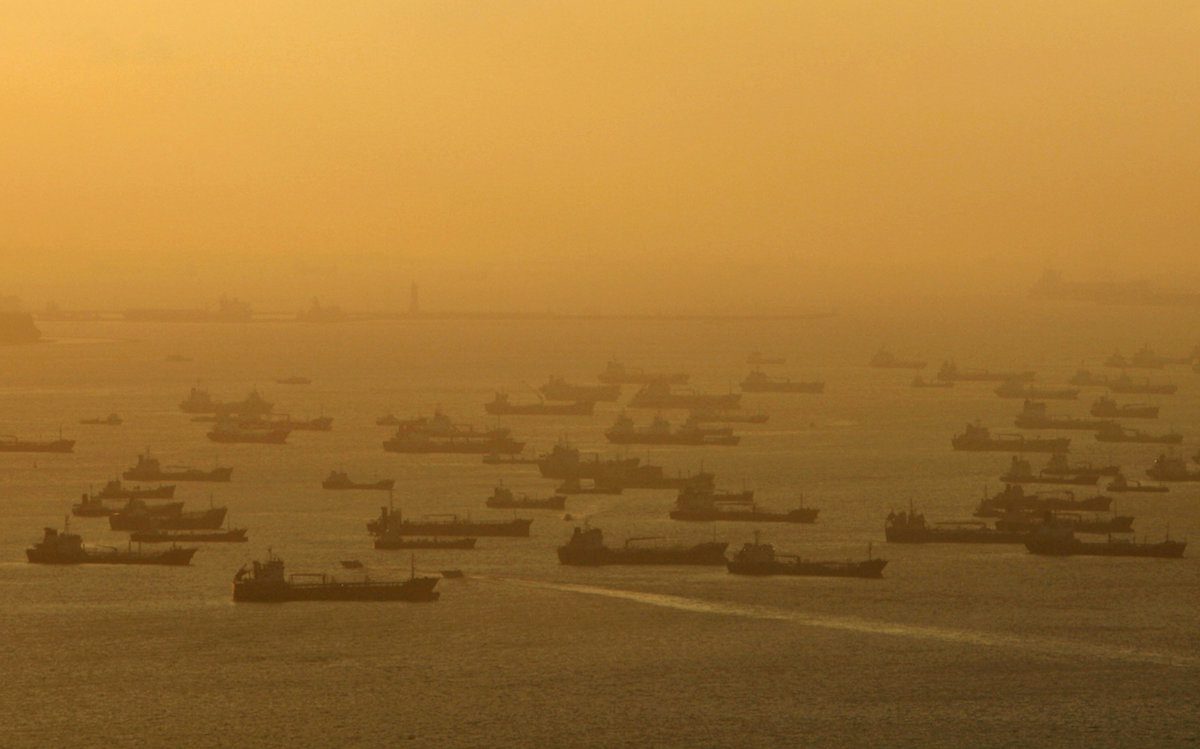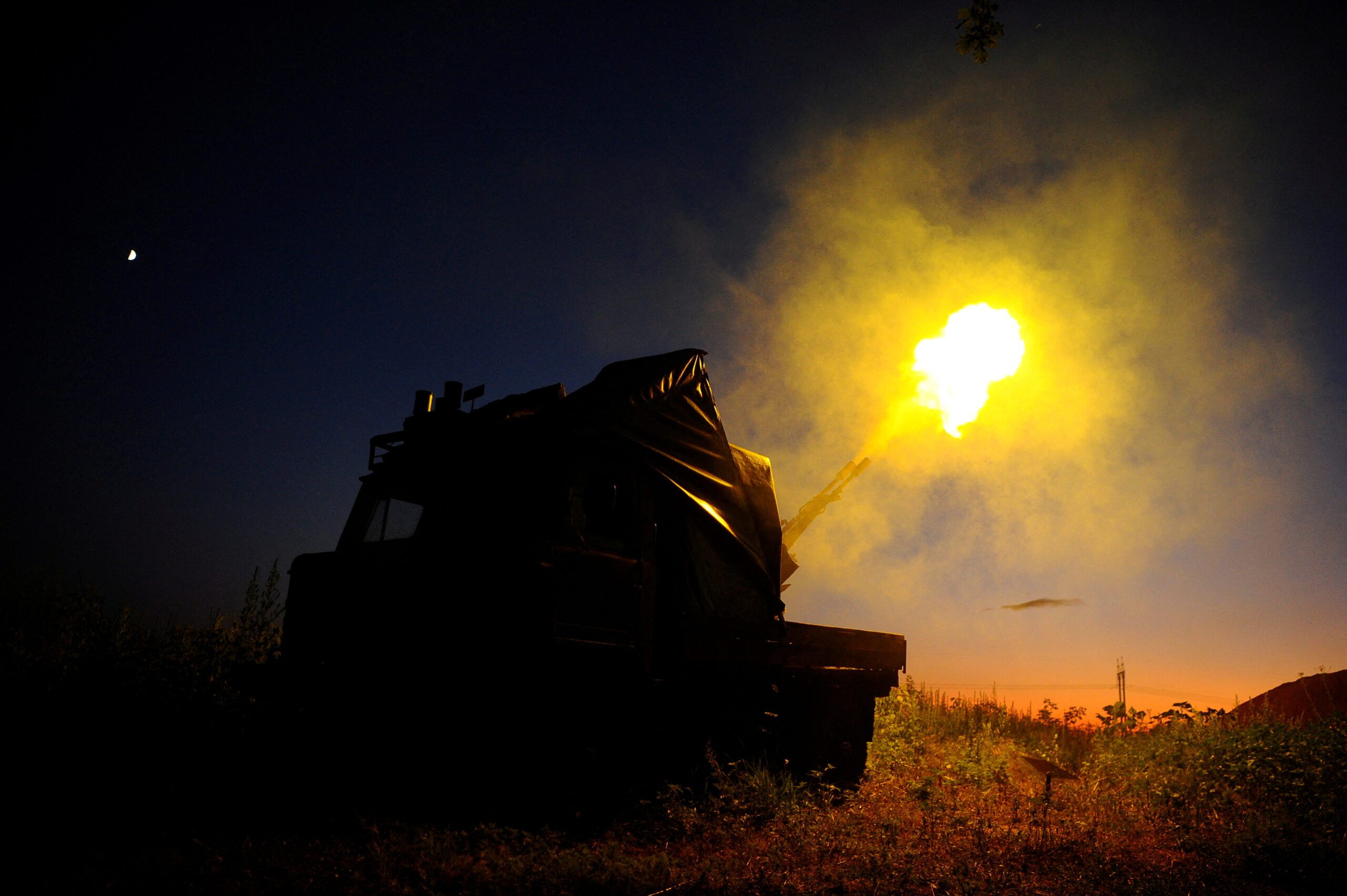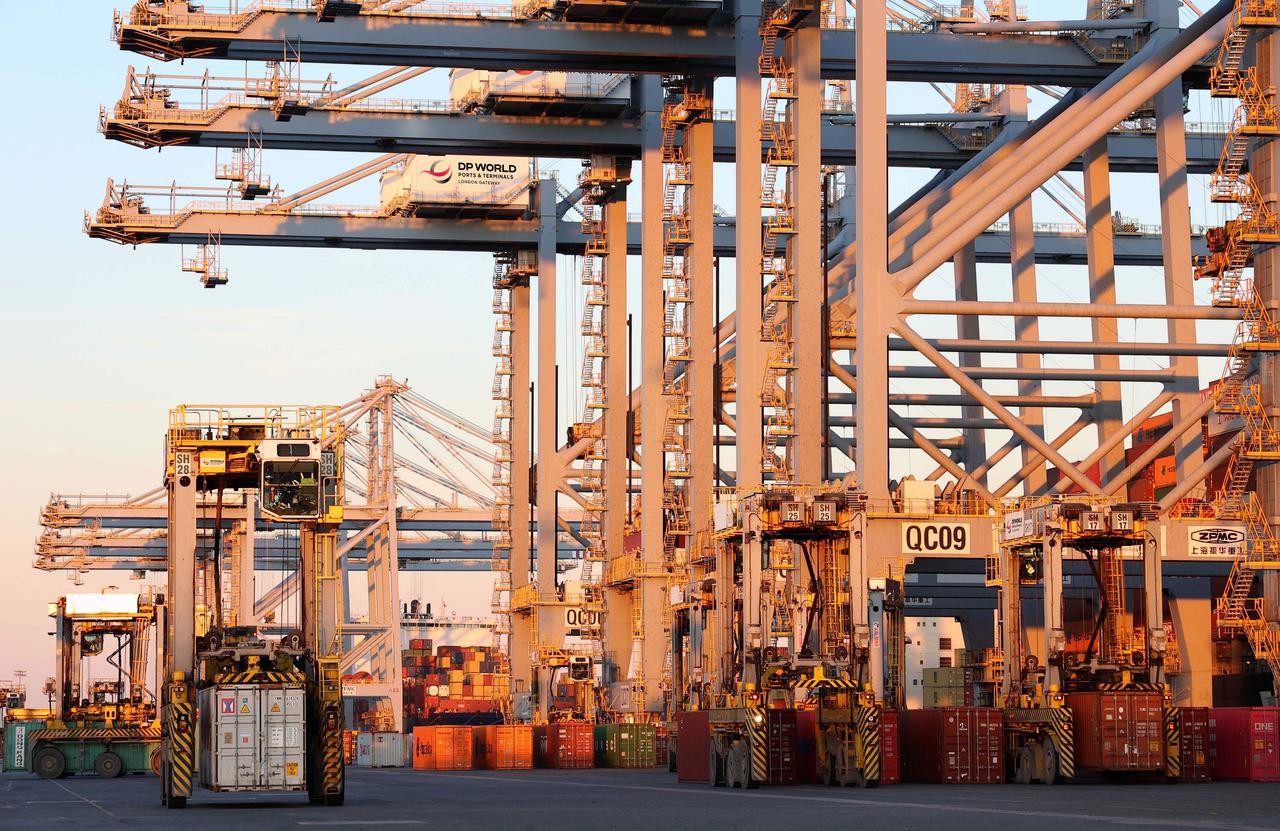Shipping vessels and oil tankers line up on the eastern coast of Singapore in this July 22, 2015. REUTERS/Edgar Su/Files
 By Mark Tay
By Mark Tay
SINGAPORE, Feb 24 (Reuters) – Traders are selling oil held in tankers anchored off Malaysia, Singapore and Indonesia in a sign that the production cut led by OPEC is starting to have the desired effect of drawing down bloated inventories.
Yet in the short-term, the crude released from tankers will weigh on markets and possibly undermine OPEC’s goal of achieving a balanced market by mid-2017.
The Organization of the Petroleum Exporting Countries (OPEC) and other producers outside the group, including Russia, announced late last year that they would cut output by almost 1.8 million barrels per day (bpd) during the first half of 2017, looking to drain a glut that pulled down prices from over $100 per barrel in 2014 to around $56.50 currently.
“OPEC’s strategy is targeting inventories – given the scale of the overhang, the market won’t rebalance in six months – we expect an extension into (the second half of 2017),” said Energy Aspects analyst Virendra Chauhan.
As OPEC’s cuts start to leave some demand unmet, a hefty 6.8 million barrels of crude has been taken out of tanker storage from Linggi, off Malaysia’s west coast, in February, shipping data in Thomson Reuters Eikon shows.
An additional 4.1 million barrels and another 1.2 million barrels have been taken out of storage on tankers in Singaporean and Indonesian waters, the data shows.
DANCING CONTANGO
In the short-term, the flood of crude from floating storage will add to supplies coming into Asia from as far away as the Americas and Europe.
In the longer-term, however, clearing oil out of inventories like tankers is part of OPEC’s goal to rebalance markets.
“Inventories will continue to decline driven by the combination of production cuts and the strong demand growth,” U.S. bank Goldman Sachs said this week in a note to clients, adding that it expected Brent prices to rise slightly in the second quarter, to $59 per barrel.
Traders charter supertankers like Very Large Crude Carriers (VLCC), in which they can store up to 2 million barrels of oil for extended periods of time, when a market situation known as contango is in place, with prices for later delivery higher than those for immediate dispatch.
The January to June 2017 contango in the forward curve was almost $3 per barrel, compared to a June premium of under half a dollar now.
With prices further out into 2018 and beyond even falling, the curve has fallen into what traders call backwardation, which makes it unattractive to store oil on chartered tankers.
“Dancing contango is now not a profitable thing to do, so we’ve sold out,” said one oil trading manager who, until recently, held crude stored in a tanker. He spoke on condition of anonymity due to the commercial sensitivity of the issue.
(Reporting by Mark Tay; Editing by Henning Gloystein and Joseph Radford)
(c) Copyright Thomson Reuters 2017.

 Join The Club
Join The Club











